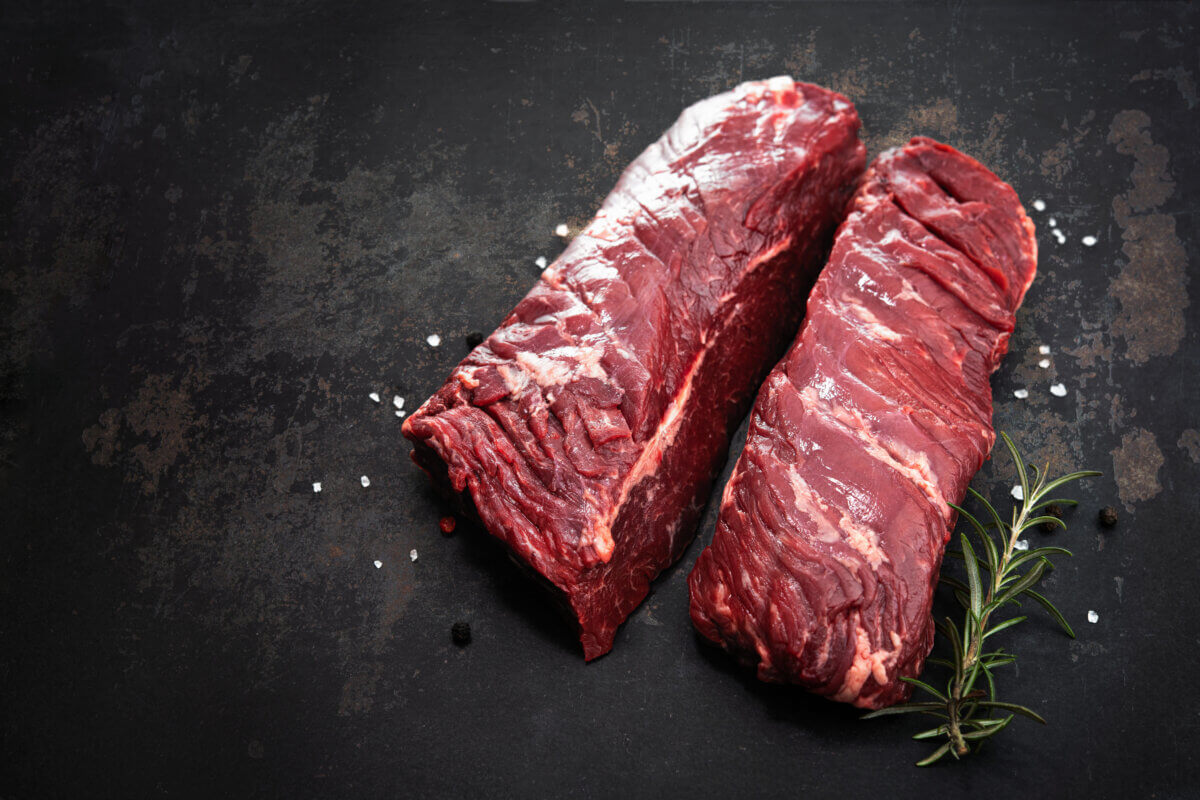(Photo by LinkedIn Sales Navigator from Pexels)
STOCKHOLM, Sweden — Moderate amounts of dairy products – such as milk and cheese – may protect against Type 2 diabetes, according to new research. On the other hand, red and processed meat raises the risk of diabetes onset.
Conversely, red and processed meat displayed a connection to higher T2D risks. Study authors recommend eating moderate amounts of fish and eggs as a substitute.
Type 2 diabetes is the most common form of the condition, developing when the pancreas can’t produce enough insulin, or the insulin doesn’t work properly — meaning the patient has low insulin sensitivity.
Obesity is the main risk factor for diabetes and estimates project that cases will continue to increase in the coming years. Common complications for diabetics include heart disease, kidney disease, vision loss, and circulation problems — which can lead to limb amputations.
Are diets for diabetics all wrong?
Existing dietary guidelines recommended for preventing T2D focus on eating specific plant-based foods, such as whole grains, vegetables, fruit, legumes, olive oil. They also advise limiting consumption the of most animal products. However, not all sources of animal protein have the same nutritional value.
Researchers say knowing how different animal products affect T2D risk would allow health officials to update their recommendations — making it easier for people to choose the best foods to cut their risk of diabetes.
Dr. Annalisa Giosuè from the University of Naples Federico II and her team conducted a review of previous links between different animal-based foods and diabetes risk. They explain that this “review of reviews” provides one of the largest pieces of evidence available in medicine.
The analyses that made the cut for this study included 175 estimates of how much 12 different animal products – total meat, red meat, white meat, processed meat, fish, total dairy, full-fat dairy, low-fat dairy, milk, cheese, yogurt, and eggs – change the risk of developing T2D.
Why is meat so detrimental to health?
Red meat includes beef, lamb, and pork, while white meat includes chicken and turkey. Processed meat includes products like bacon, sausages, and deli meat.
Results show a “substantial” increase in T2D risk among people who consume 100 grams of total meat per day (20%), 100 grams per day of red meat (22%), and 50g/day of processed meats (30%). Meanwhile, 50g/day of white meat led to a smaller risk increase (4%).
“There are several potential reasons for this. For example, red and processed meat are important sources of components like saturated fatty acids, cholesterol and heme iron, all known to promote chronic low-level inflammation and oxidative stress, which, in turn, can reduce the sensitivity of the cells to insulin,” says Dr. Giosuè in a media release.
“Processed meats also contain nitrates, nitrites and sodium which, among other adverse effects, can damage the insulin-producing cells of the pancreas,” Dr. Giosuè adds.
“White meat, in comparison, has a lower fat content, a more favorable fatty acid profile and a lower amount of heme iron.”
In contrast, dairy foods appeared to protect against T2D or had a neutral relationship with its development.
Milk (200g/day) displayed a connection with a 10-percent reduction in diabetes risk. Total dairy (200g/day) cut the risk by five percent risk and low-fat dairy (200g/day) cut it by three percent. Yogurt (100g/day) led to a six percent reduction in diabetes risk.
Cheese (30g/day) and full-fat dairy (200g/day) does not appear to have an effect on the risk of T2D.
“Dairy products are rich in nutrients, vitamins and other bioactive compounds which may favorably influence glucose metabolism – the processing of sugar by the body,” Dr. Giosuè continues.
“For example, whey proteins in milk are known to modulate the rise of blood sugar levels after eating. Probiotics are also known to exert beneficial effects on glucose metabolism, which may explain why we found that a regular consumption of yogurt is associated with a reduced risk of type 2 diabetes.”
‘Diabetes is one of the major causes of diet-related death worldwide’
Dr. Giosuè says that although the results suggest that low-fat dairy products are more beneficial than full-fat dairy products, people should look at these findings “cautiously” due to the relatively small impact on diabetes risk.
“Type 2 diabetes is one of the major causes of diet-related death worldwide. Learning more about how different dietary components increase or decrease the risk of type 2 diabetes is key to its prevention,” Dr. Giosuè says.
“Although more well-conducted research is needed to achieve high quality of evidence required to give solid recommendations, our extensive review of the scientific evidence shows that regular consumption of dairy foods in moderate amounts, especially low-fat products, milk and yogurt, may help reduce the risk of type 2 diabetes,” the study author adds.
“It is also clear that while red and processed meat should be eaten sparingly, moderate amounts of fish and eggs could be good substitutes.”
Researchers are presenting their findings at the annual meeting of the European Association for the Study of Diabetes in Stockholm.




